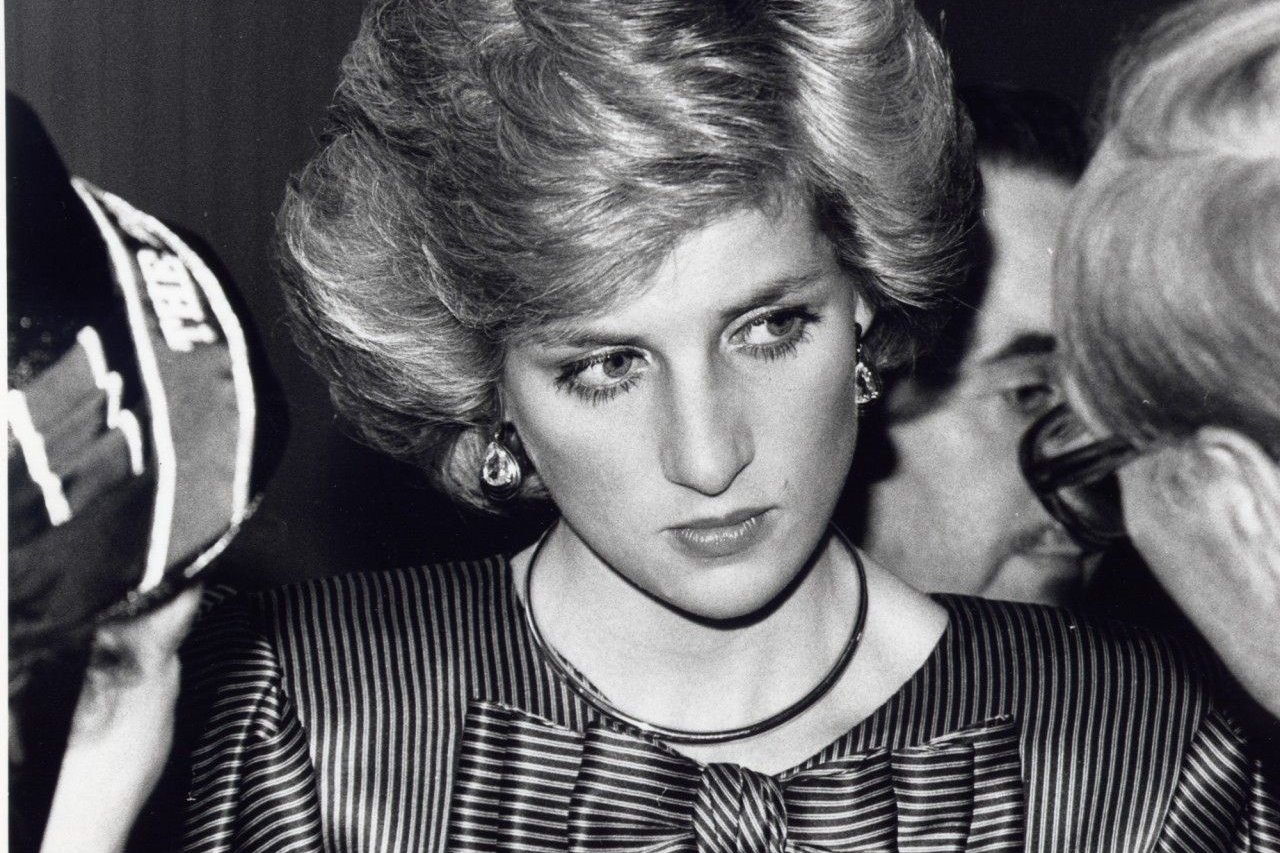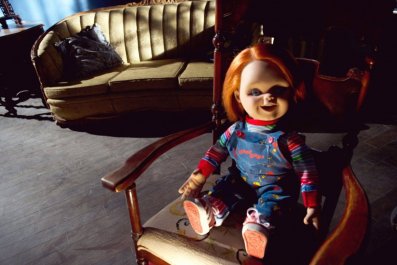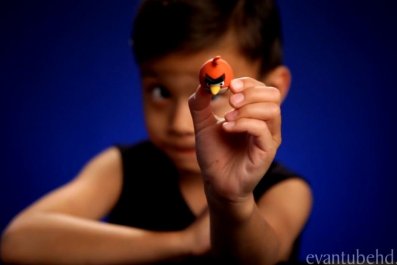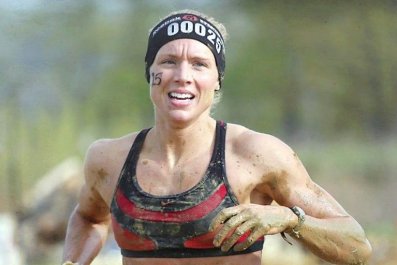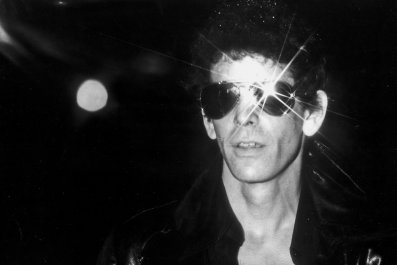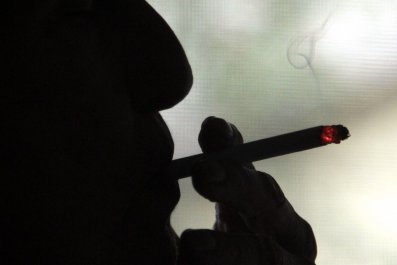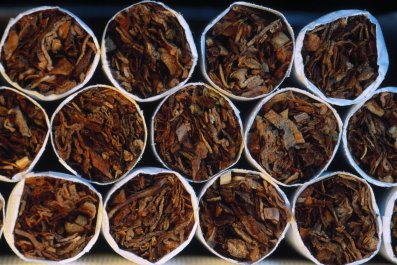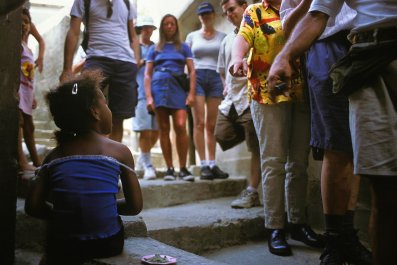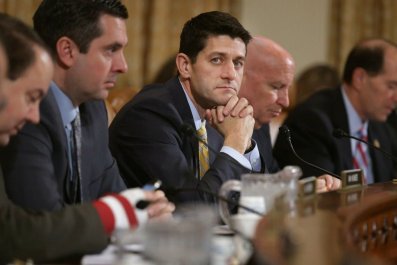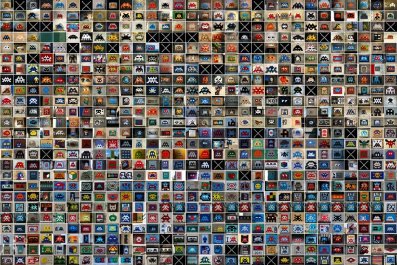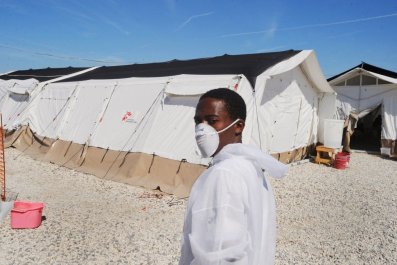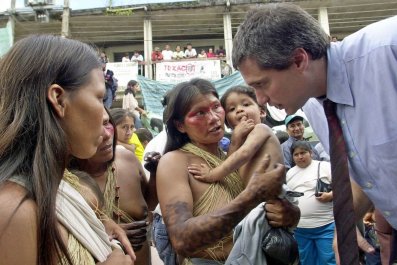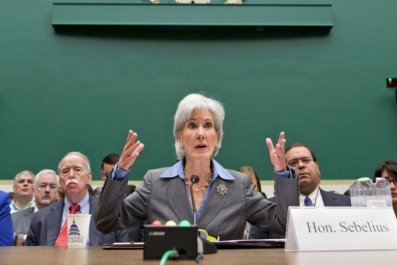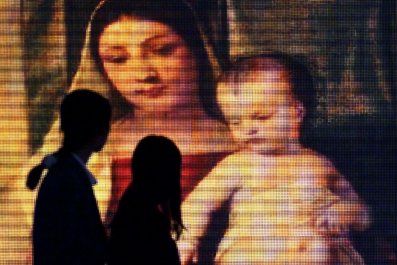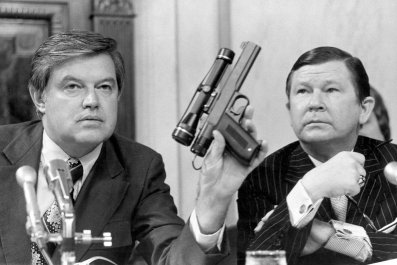Too soon?
When it comes to Princess Diana, who died in a car crash in Paris in 1997, it seems 16 years is still not long enough of a mourning period to portray her as anything other than a Cinderella character, put upon by her nearest and dearest. Diana, Oliver Hirschbiegel's movie of the princess's last years - lonely, bored, and bouncing from lover to lover - has been released to a chorus of disapproval from the critics.
Here is a taste: "A special class of awful" - The Telegraph; "Cheap and cheerless," - the Mirror; "Barely credible...wan and flat.... It will provoke mirthless laughter," - The Independent. "Some of the worst reviews for a British film in recent memory" - The Hollywood Reporter.
British papers keep a sharp eye on what their royalist readers think in hopes of bolstering their diminishing hard-copy sales, but Diana has been so blasted with derision, something else is surely at play. Are Brits still in denial about the true nature of the self-styled Queen of Hearts?
The answer is that Hirschbiegel gets too close to the truth for British audiences about this vacuous beauty the world fell in love with when she married Prince Charles in a fairy-tale wedding in 1981, complete with glass coach. When Diana separated from Charles because, as she famously told the BBC, "there were three of us in this marriage," the Brits turned on the heir to the throne and recast Diana as a martyr, the patron saint of every bitter wife cuckolded by her husband. Diana was a super-victim, an example of how even rich, beautiful, privileged women can be brought low by love.
The reality was rather different. Instead of retreating into a private world, falling in love again and remarrying, Diana set out on a reckless course of vengeance. She felt tricked by the Windsor family into marrying Charles when they knew he was still deeply in love with Camilla Parker-Bowles, who had married another when her lack of virginity ruled her out as a future queen of England.
Diana, whose lack of education was made up for by a wily intelligence, used her love-hate relationship with the press to mount a persistent and vicious campaign against her former husband, his family, and the courtiers in Buckingham Palace who, understandably, took a dim view of her.
Her love affair with a Pakistani heart surgeon, Hasnat Khan, and then Dodi Fayed, the playboy son of the Egyptian owner of the posh department store Harrod's, were designed to humiliate a powerful state institution she believed had taken advantage of her naïveté. Vengeance is a dish best served cold, and Diana delivered it straight from the freezer.
Diana assumes that most of the audience has swallowed the fiction that the princess was an innocent party in a romantic royal soap opera that turned first to farce, then tragedy. Hirschbiegel's alleged sin is to gently expose Diana as a manipulative, malevolent man-killer. Toward the end of the movie, he spells it out: Far from hating being hounded by the paparazzi, she constantly tipped them off about where she would be.
That is how pictures of her canoodling with her latest inappropriate beau - her two most prominent lovers were Muslims, to add to the shock - were splashed over the front pages to embarrass Charles, Queen Elizabeth and the British establishment. To be a newspaper editor in London in the 1990s meant being summoned by Diana to lunch, where you were regaled with her latest catalogue of calumny about her ex.
Hirschbiegel has already made a movie about a shallow, uneducated but charismatic public figure who duped a gullible nation into making fools of themselves. His Downfall, about the last days of Hitler in his Berlin bunker, with Bruno Ganz delivering a perfect rendition of the Fuhrer at his most crazy, has become a model for every YouTube riff on paranoid leaders blaming everyone but themselves. He must have imagined that his take on Diana's final days would be less controversial.
Now, it is true that Naomi Watts does not look exactly like Diana. Who does? And it is true too that some of the Diana screenplay is clunky. What biopic script isn't? But Hirschbiegel captures a larger and more important truth about Diana that few have attempted to expose. The Diana Myth, like the Kennedy Myth, keeps a cottage industry thrumming. The chief beneficiary is the British press, who fiercely guard her pedestal from those who would tear her down.
To boost flagging circulation, British editors still trot out the conventional wisdom about Diana. They know they are doing their readers - and accuracy, and the British royal family - a disservice by persisting with the nonsense. But pandering is so much easier than breaking it to their soft and sentimental readers that their bruised and beautiful heroine was an exploitative hussy. It adds a ludicrous twist to the tale of the emperor without any clothes.
Seduced by the prospect of a life of glamor and high comfort, Diana married into the royal family with her eyes wide open. Her brother and sisters, who blamed Queen Elizabeth when Diana was killed by her lover's drunken chauffeur, did not warn her off her voluntary incarceration in a venerable public institution. Instead, like her mother, Frances - who married Edward "Johnnie" Spencer, 8th Earl Spencer and Viscount Althorp, and lived in a palace until she ran off with a married heir to a wallpaper fortune when Diana was 8 - she gave it all up when she discovered that her new job entailed endless sobriety and thankless hard work.
When everything turned out badly, Diana belatedly discovered the truth in the stand-up gag: "Marriage is a wonderful institution. But who wants to live in an institution?" One day someone will tell the whole wretched tale of the spoiled girl who became the most famous woman in the world but drove herself to an early grave trying to spite the Queen of England. But don't hold your breath.



